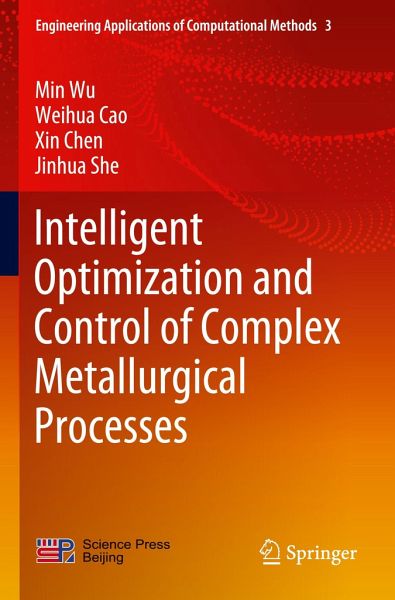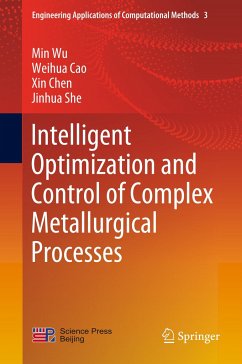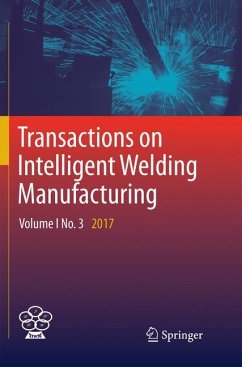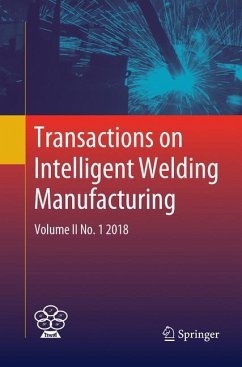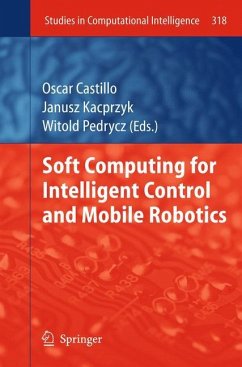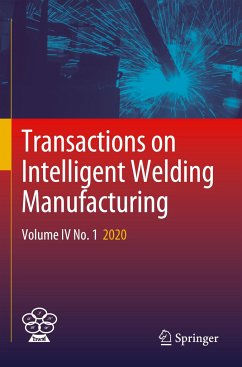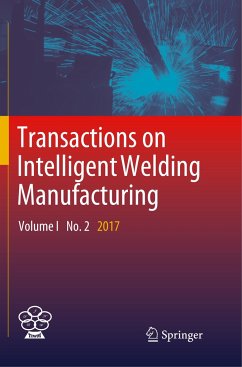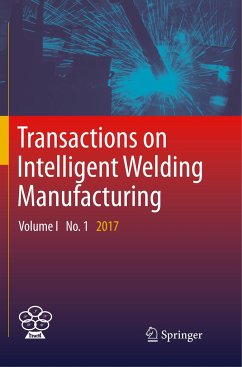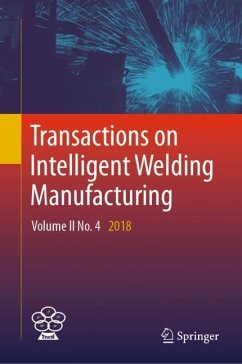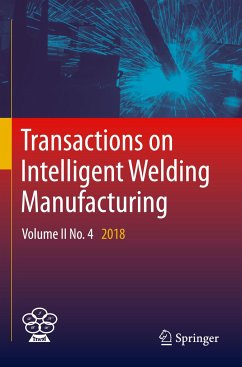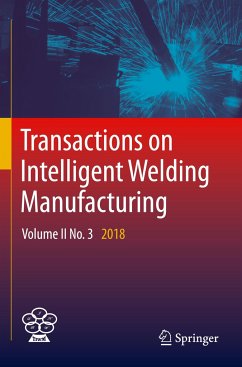Min Wu received his B.S. and M.S. degrees in engineering from Central South University, Changsha, China, in 1983 and 1986, respectively, and his Ph.D. degree in engineering from the Tokyo Institute of Technology, Tokyo, Japan, in 1999. He was a faculty member of the School of Information Science and Engineering at Central South University from 1986 to 2014 and was promoted to professor in 1994. In 2014, he moved to China University of Geosciences, Wuhan, China, where he is a professor in the School of Automation. He was a visiting scholar with the Department of Electrical Engineering, Tohoku University, Sendai, Japan, from 1989 to 1990, and a visiting research scholar with the Department of Control and Systems Engineering, Tokyo Institute of Technology, from 1996 to 1999. He was a visiting professor at the School of Mechanical, Materials, Manufacturing Engineering and Management, University of Nottingham, Nottingham, UK, from 2001 to 2002. His current research interestsinclude process control, robust control, and intelligent systems. Prof. Wu has published 6 monographs and more than 260 SCI-indexed papers. He has been included in the list of Thomson Reuters Highly Cited Researchers from 2014 to 2016. Due to his contributions on control theory and its engineering applications, he received numerous honors including the IFAC Control Engineering Practice Prize Paper Award in 1999 (jointly with M. Nakano and J. She), the second-class prize of China's National Natural Science Award in 2014, the second-class prize of China's National Science and Technology Progress Award in 2004, and the Academic Contribution Award of Chinese Process Control in 2009. Prof. Wu is a Fellow of IEEE, Vice-President of the Technical Committee on Control Theory, China Association of Automation, and an active member of the Technical Committee on Process Control, China Association of Automation. Moreover, he served as an Associate Editor of the editorial board of ControlEngineering Practice, Information Sciences, International Journal of Automation and Computing, Control Theory and Applications, and Information and Control. Weihua Cao received the B.S., M.S., and Ph.D. degrees in engineering from Central South University, Changsha, China, in 1994, 1997, and 2007, respectively. He was a faculty member of the School of Information Science and Engineering at Central South University from 1997 to 2014 and was promoted to professor in 2009. In 2014, he moved to China University of Geosciences, Wuhan, China, where he is a professor in the School of Automation. He was a visiting student in the Department of Engineering, Kanazawa University, Japan, from 1996 to 1997, and was a visiting scholar in the Department of Electrical and Computer Engineering, University of Alberta , Canada, during the 2007-2008 academic year. His research interests include process control, robots, and intelligent systems. He is a member of the Chinese Association of Automation and a member of the Chinese Association for Artificial Intelligence. Xin Chen received the B.S. and M.S. degrees in engineering from Central South University, Changsha, China, in 1999 and 2002, respectively, and the Ph.D. degree in engineering from University of Macau, China, in 2007. He was a faculty member of the School of Information Science and Engineering at Central South University from 1999 to 2014. In 2011, he finished his postdoctoral research of control science and engineering at Central South University. In 2014, he moved to the China University of Geosciences, Wuhan, China, where he is currently a professor with the School of Automation. His research interests include intelligent control, process control, multi-agent systems, and robotics. Jinhua She received his B.S. degree in engineering from Central South University, Changsha, China, in 1983, and his M.S. and Ph.D. degrees in engineering from Tokyo Institute of Technology, Tokyo, Japan in 1990 and 1993, respec
